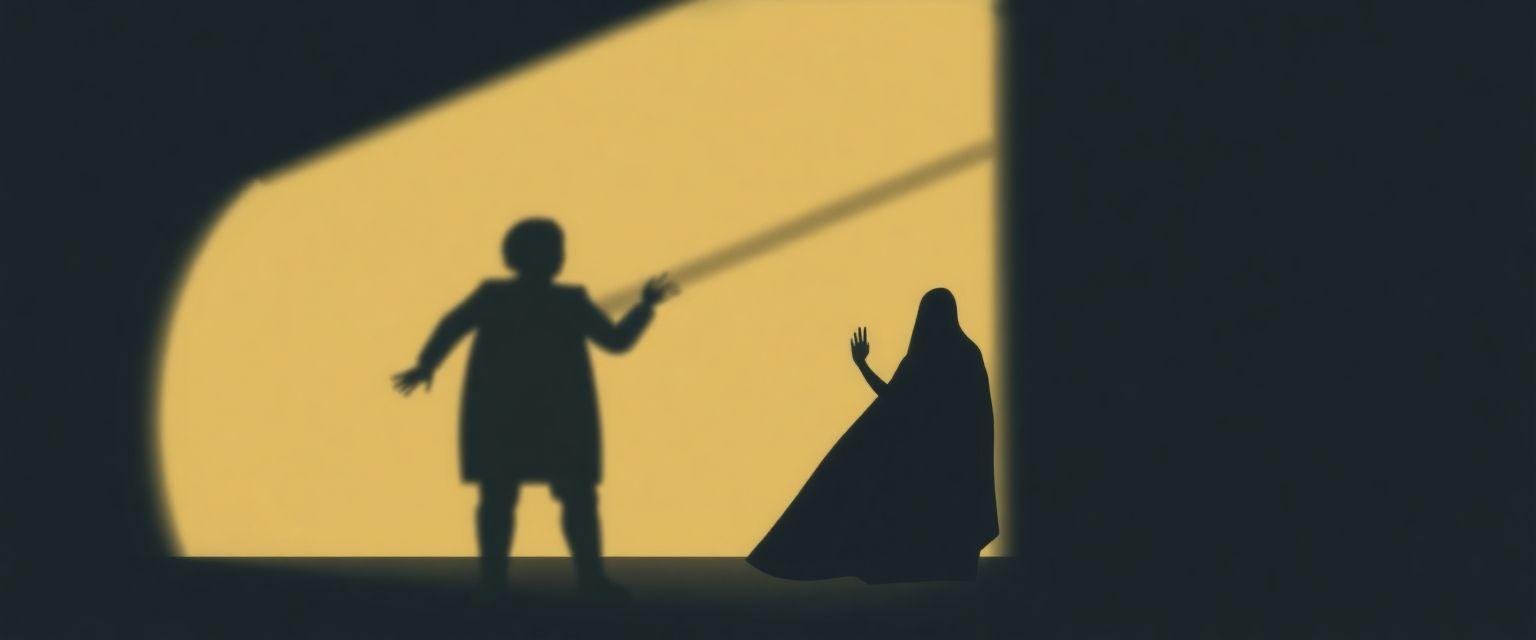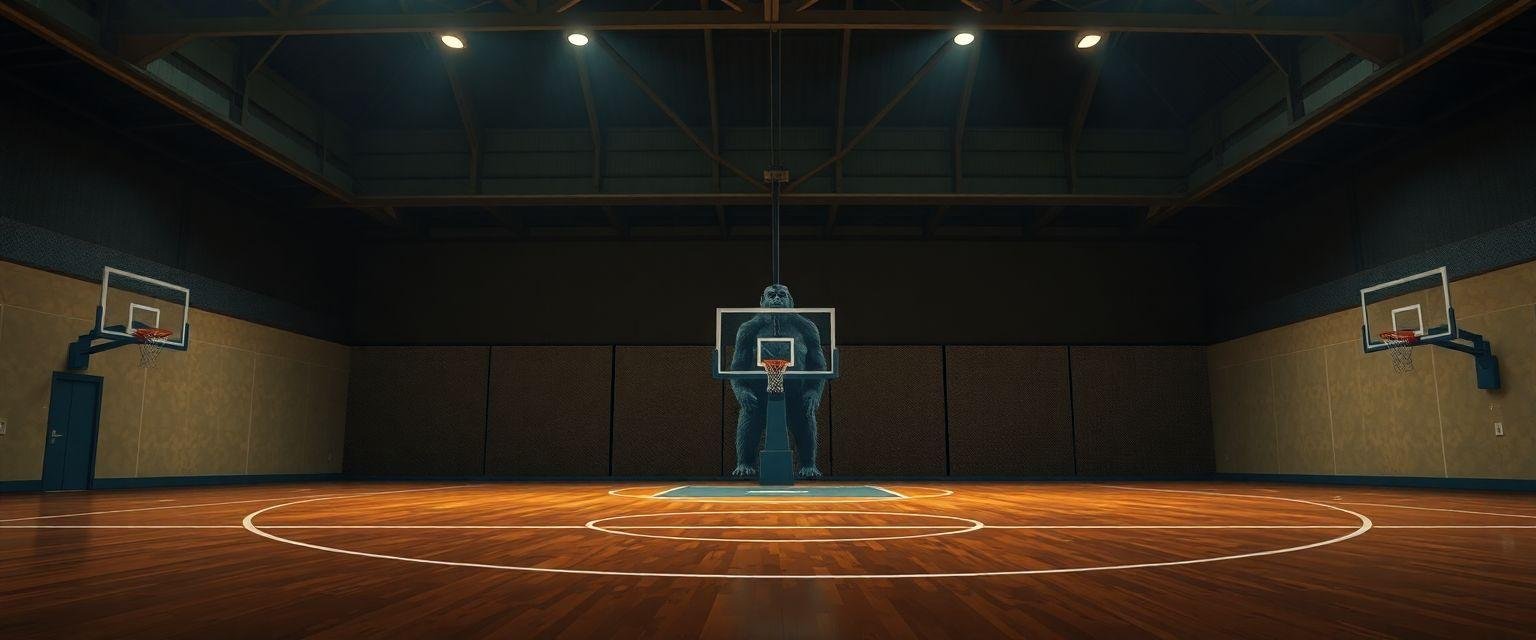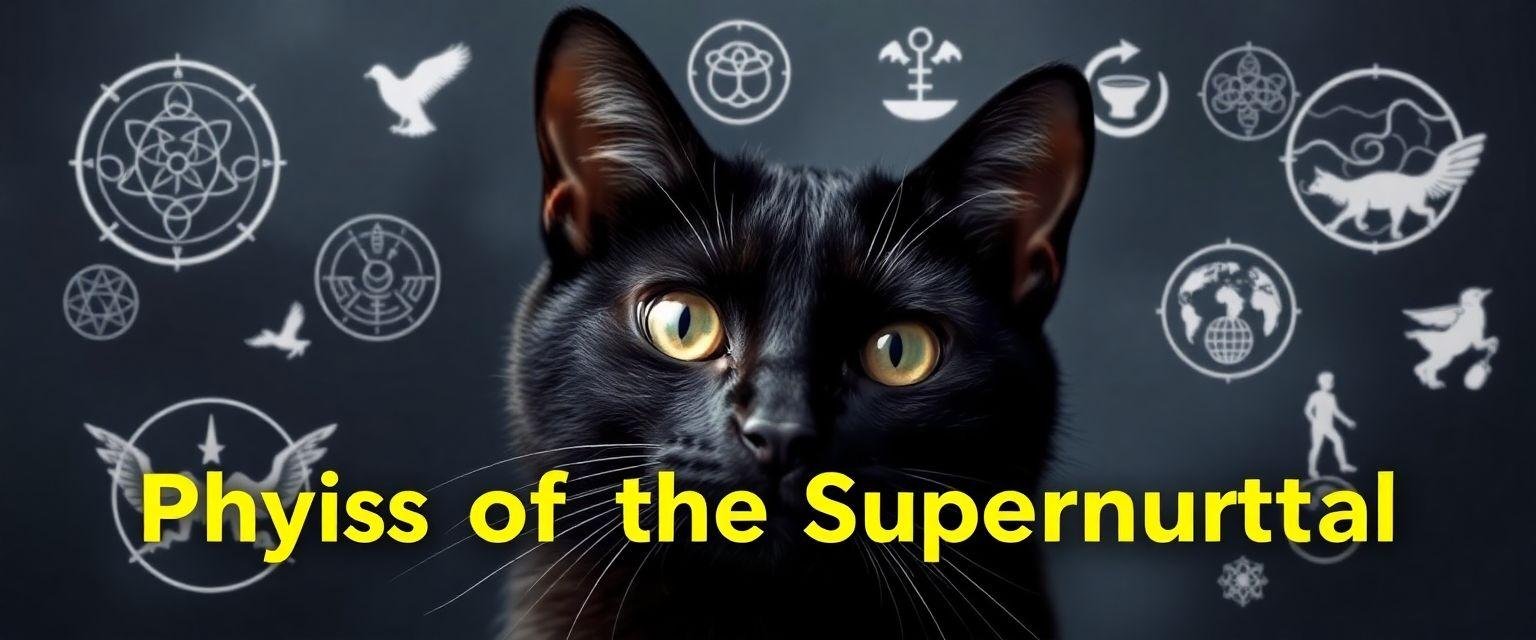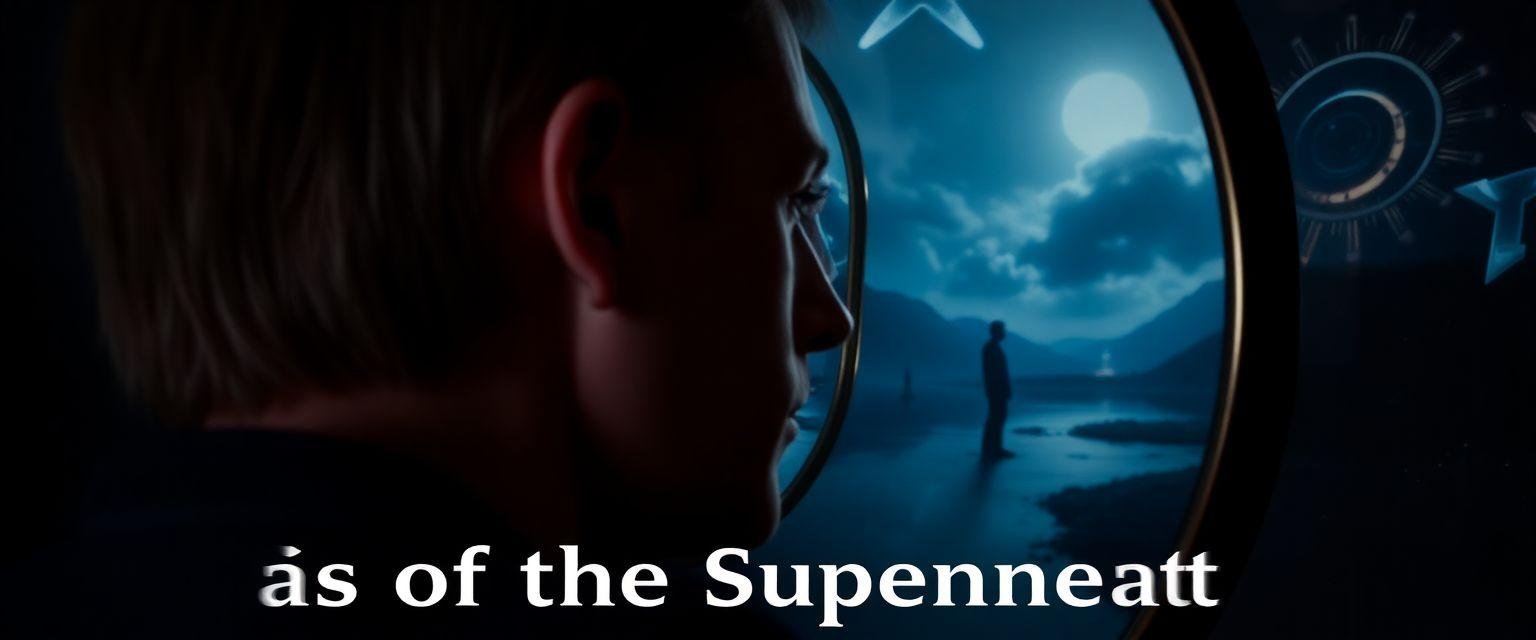How Bias Beliefs Impact What We See
Do you ever wonder if what you see is truly reality, or just a version of it shaped by your beliefs? The films of Thin White Lies delve into this very concept, illustrating how our belief systems can dramatically alter our perception of the world. It’s a fascinating notion that what we hold as truth might actually be a thin white lie, filtered through personal biases. But how exactly do these bias beliefs impact our perception? Let’s dig into the different forces at play.
Understanding Bias Beliefs
Explore how bias beliefs shape our perceptions and experiences.
– Power of Belief: Our beliefs can significantly alter our interpretation of reality, often leading us to see what we expect rather than what is actually there.
– Power of Context: The surrounding environment plays a crucial role in shaping our perceptions, as context can lead us to interpret the same event in vastly different ways.
– Power of Culture: Cultural background influences our expectations and beliefs, which can dramatically affect how we perceive supernatural phenomena and experiences.
The Power of Belief
Belief is a powerful thing. It’s the lens through which we view the world, often dictating what we choose to see and what we ignore. For example, consider the placebo effect, a well-documented phenomenon where patients experience real improvements in their health simply because they believe they’re receiving treatment. This demonstrates how belief can literally alter our physical reality.
Beliefs shape our perceptions not just in medical scenarios but also in everyday life. Picture yourself in a dimly lit room with shadows dancing on the walls. If you believe in ghosts, those shadows might seem like apparitions. For someone who doesnt share that belief, the shadows might just be shadows. Our beliefs can create a narrative that colors our reality, making us see only what aligns with our preconceived notions.

Insider Tip: According to Dr. Alia Crum, an assistant professor of psychology at Stanford University, altering ones mindset about stress can change its impact on the body. This idea could be applied widely: by adjusting our beliefs, we might change what we perceive as reality. Read more about mindset and health.
The Power of Expectation
Expectations, like beliefs, have a profound impact on perception. When you expect something to happen, your brain often starts to see confirming evidence even if none exists. This is known as the expectation bias. It’s a bit like when you expect rain and suddenly notice every cloud in the sky looking ominous.
Take the classic example of the “invisible gorilla” experiment. Participants watching a video of people passing basketballs around often fail to see a person in a gorilla suit walking through the scene because they are focused on counting the passes. Their expectation to see only basketball players blinds them to the gorilla. This experiment highlights how strong our expectations are in shaping what we perceive.

Insider Tip: Expectation can be a double-edged sword. Dr. Daniel Simons, who co-authored the invisible gorilla study, suggests practicing mindfulness to become more aware of our surroundings without the filter of expectation. Learn about the invisible gorilla experiment.
The Power of Context
Context often dictates how we interpret the world around us. Imagine seeing a snake in the wild. In a zoo, the same snake might not provoke fear because the context changes your perception. Context provides cues that help us interpret ambiguous stimuli.
Consider a study where wine experts were fooled by white wine dyed red. They described it using terms typically reserved for red wine, demonstrating how context (the wine’s color) influenced their perception. Without context, our brains struggle to provide meaning, showing how easily perceptions can be swayed.

Insider Tip: Contextual clues can be misleading. When evaluating new information, try to isolate it from its context to see if your perception changes. This technique is useful in reducing bias in decision-making.
The Power of Culture
Culture is a collective lens through which groups of people view the world. It shapes values, traditions, and even perceptions. What one culture sees as normal, another might view as strange or even supernatural.
For instance, in some cultures, certain animals are seen as omens or symbols, affecting how they are perceived. A black cat might be considered a sign of bad luck in Western cultures, whereas in some Eastern cultures, it could be seen as a symbol of prosperity.

Insider Tip: Cultural anthropologist Mary Douglas once said, “Culture is a way of thinking that shapes our experience.” When traveling or interacting with different cultures, be open to seeing the world through their cultural lens to enhance understanding and empathy.
The Power of Social Influence
The opinions and beliefs of those around us can significantly influence our perceptions. Social influence can be seen in phenomena such as groupthink, where the desire for harmony leads to irrational decision-making.
Imagine you’re in a crowd watching a magician. If everyone gasps at a trick, you’re more likely to perceive it as amazing, even if you initially thought it was mundane. The influence of the group alters your perception, forcing you to conform to the collective reaction.

Insider Tip: Social psychologist Solomon Asch conducted experiments showing that people often conform to group opinions even when they know the group is wrong. To counteract this, develop a strong sense of personal integrity and critical thinking skills.
The Power of the Self
Our self-image and identity play crucial roles in how we perceive the world. If you see yourself as a confident person, you’re likely to perceive challenges as opportunities rather than threats. Self-perception can either empower us or limit us, depending on what we believe about ourselves.
Consider the phenomenon of self-fulfilling prophecies. If you believe you are bad at math, you may perform poorly on a math test, not because you lack ability, but because your belief affects your effort and anxiety levels. This creates a feedback loop that reinforces your perception.

Insider Tip: To break negative cycles, psychologist Carol Dweck suggests adopting a growth mindset, where you see abilities as improvable rather than fixed. This shift can change your self-perception and, consequently, your reality.
The Power of the Supernatural
Beliefs in the supernatural can dramatically shape perceptions, often leading to experiences that defy logical explanation. Whether it’s seeing a ghost, encountering a UFO, or having a premonition, these experiences are heavily influenced by one’s belief in the supernatural.
In regions with strong supernatural beliefs, phenomena like ghost sightings are more common. This doesn’t necessarily mean ghosts are more prevalent there, but that belief systems shape what people report seeing.

Insider Tip: Paranormal investigator Joe Nickell emphasizes the importance of skepticism and critical analysis when exploring supernatural claims. Belief should never replace scientific inquiry, but rather, they should coexist to expand our understanding of the unknown.
Conclusion
So, how do bias beliefs impact what we see? They do so in profound and often surprising ways, filtering reality through the lenses of belief, expectation, context, culture, social influence, self-perception, and even the supernatural. This complex interplay shapes not only what we perceive but also how we interpret our experiences.
As you navigate your own reality, ask yourself: How much of what I see is influenced by my own biases? What role do my beliefs play in shaping my reality? And most importantly, how can I broaden my perspective to see a fuller picture of the world around me? By questioning these aspects, you not only gain insight into your perceptions but also open up to the possibility of seeing beyond the thin white lies.
For more on how perceptions are shaped by our beliefs, visit Thin White Lies Articles.
Answers To Common Questions
Who is affected by bias beliefs in the supernatural realm?
Everyone can be influenced by their own bias beliefs in the supernatural.
What role do bias beliefs play in perceiving the supernatural?
Bias beliefs shape our interpretations and perceptions of supernatural events.
How can we identify our own bias beliefs in supernatural experiences?
Self-reflection and open discussions can help reveal our bias beliefs.
Why do some people deny the impact of bias beliefs on perception?
Many believe their views are purely objective and unaffected by bias.
What can we do to minimize bias beliefs in supernatural views?
Engaging with diverse perspectives can reduce the impact of bias.
How do bias beliefs alter scientific views of the supernatural?
Bias beliefs can cloud judgment and lead to misinterpretation of evidence.





